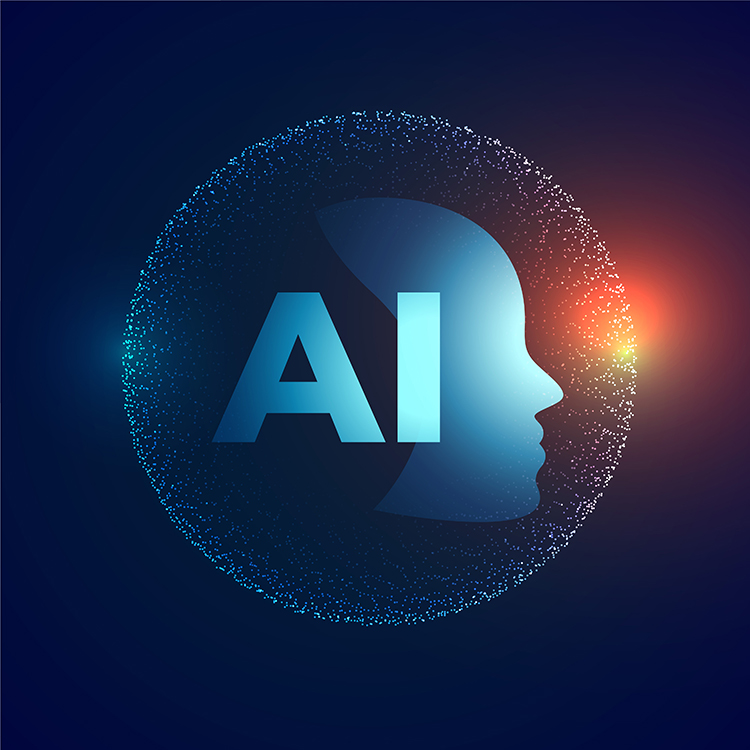The terms Artificial Intelligence (AI), Machine Learning (ML), and Deep Learning (DL) are often used interchangeably, yet they represent distinct concepts within the realm of computer science. For individuals aspiring to build a career in the computer field, grasping these differences is essential. This article aims to provide a clear understanding of AI, ML, and DL, and how each offers unique career opportunities.
Understanding the Basics
What is Artificial Intelligence (AI)?
Artificial Intelligence is a broad field of computer science focused on creating systems capable of performing tasks that typically require human intelligence. These tasks include reasoning, learning, problem-solving, perception, and language understanding. AI encompasses various subfields, including ML and DL
What is Machine Learning (ML)?
Machine Learning is a subset of AI that involves training algorithms to learn from and make predictions or decisions based on data. Instead of being explicitly programmed for every task, ML systems improve their performance as they are exposed to more data over time.
What is Deep Learning (DL)?
Deep Learning is a specialized subset of ML that uses artificial neural networks with multiple layers (hence "deep") to model complex patterns in data. DL is particularly effective in tasks like image and speech recognition, natural language processing, and autonomous driving.
Key Differences Between AI, ML, and DL
| Aspect | Artificial Intelligence (AI) | Machine Learning (ML) | Deep Learning (DL) |
|---|---|---|---|
| Definition | Simulates human intelligence | Learns from data | Learns from large datasets using neural networks |
| Data Requirements | Varies | Moderate | High |
| Human Intervention | High | Moderate | Low |
| Hardware Dependency | Low to Moderate | Moderate | High (GPUs) |
| Interpretability | High | Moderate | Low |
| Examples | Chatbots, Expert Systems | Spam Filters, Recommendation Engines | Voice Assistants, Autonomous Vehicles |
Career Opportunities
Career in AI
AI offers a plethora of career paths, including roles such as AI Research Scientist, AI Engineer, and AI Product Manager. Professionals in this field work on developing intelligent systems that can perform tasks ranging from language translation to decision-making.
Career in ML
Machine Learning professionals focus on creating algorithms that enable machines to learn from data. Career options include ML Engineer, Data Scientist, and ML Researcher. These roles are pivotal in industries like finance, healthcare, and e-commerce.
Career in Deep Learning
Deep Learning specialists work on complex models that require large datasets and computational power. Careers in this domain include Deep Learning Engineer, Computer Vision Engineer, and NLP Scientist. These roles are crucial in developing advanced applications like facial recognition and autonomous vehicles.
Future Prospects
The future in AI, ML, and DL is promising, with continuous advancements and increasing integration into various industries. As technology evolves, the demand for skilled professionals in these areas is expected to grow significantly.
FAQs
- What is the main difference between AI, ML, and DL?
- AI is the overarching field; ML is a subset of AI focusing on learning from data, and DL is a further subset of ML using neural networks.
- Which field should I choose for a career: AI, ML, or DL?
- It depends on your interests and background. AI offers broader applications, ML focuses on data-driven models, and DL is ideal for complex tasks requiring large datasets.
- Do I need a strong math background for these fields?
- Yes, especially for ML and DL, a solid understanding of mathematics, particularly statistics and linear algebra, is beneficial.
- What programming languages are commonly used?
- Python is widely used across AI, ML, and DL due to its simplicity and extensive libraries.
- Are there online courses to learn these skills?
- Yes, numerous online platforms offer courses in AI, ML, and DL, catering to various skill levels.
- What industries employ AI, ML, and DL professionals?
- Industries like healthcare, finance, automotive, and technology heavily employ professionals in these fields.
- Is prior programming experience necessary?
- While not mandatory, prior programming experience is advantageous and can accelerate learning.
- How long does it take to become proficient?
- It varies; with dedicated effort, one can acquire foundational knowledge in a few months, but mastery takes longer.
- What is the salary range in these fields?
- Salaries vary by role and experience but are generally competitive, reflecting the high demand for these skills.
- Can I transition into these fields from a different background?
- Yes, many professionals transition into AI, ML, and DL from various backgrounds by acquiring the necessary skills and knowledge.
Conclusion
Understanding the distinctions between AI, ML, and DL is essential for anyone considering a career in the computer field. Each offers unique opportunities and challenges, and the choice depends on individual interests and career goals. With the right skills and dedication, a rewarding career awaits in these dynamic and evolving fields.
Call to Action
Ready to embark on your journey in AI, ML, or DL? Contact us at 08645628278 or visit our contact page to learn more about our courses and how we can help you achieve your career goals.


